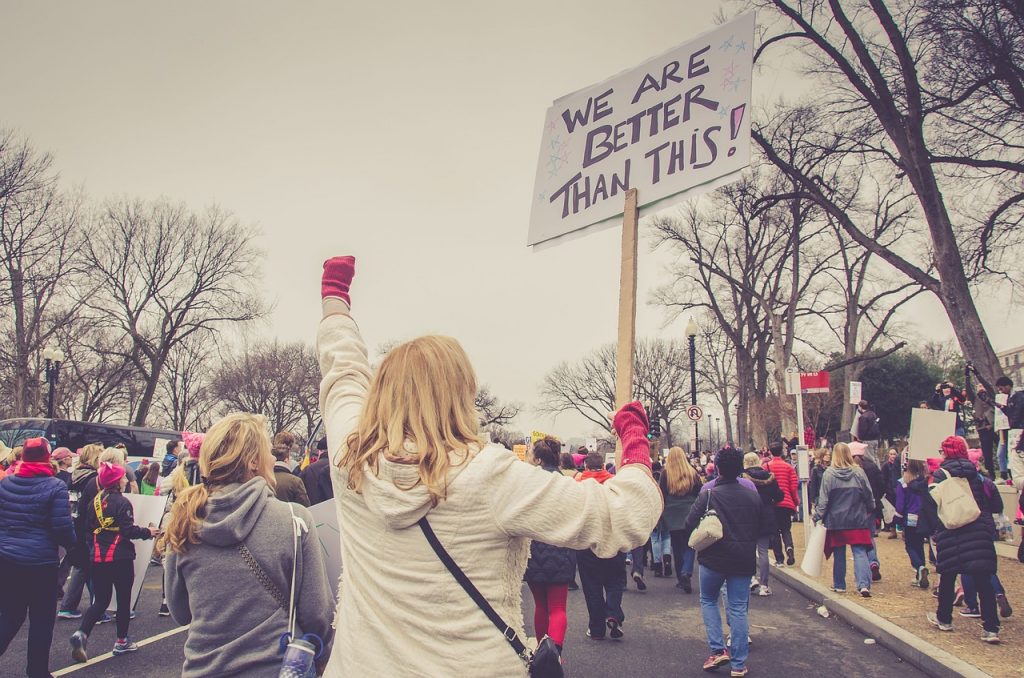
Hi everyone. Today’s post will likely be serious, as it is Martin Luther King Jr. Day, and I know many of us in the sector are reflecting on his legacy. It has been a rough few years, and there were several moments where it was hard for me to believe that the “arc of the moral universe” bends toward justice. But I know it does. I see it on my travels, speaking with various brilliant leaders and organizations. I see it in on a daily basis through the work that you each do to lift up individuals and families and make our world better. Thank you. You give me hope and keep me going.
Unfortunately, however, we still often stand in our own ways, sometimes without even realizing it. A while ago I attended a meeting with group of local leaders. We were talking about equity. Someone said, “What is our definition of equity? Have we defined it? Are we on the same page?” The discussion devolved into a conversation about the definition of equity. I have no poker face, so it slowly contorted into a visage of pure frustration tinged with rage.
Continue reading →




